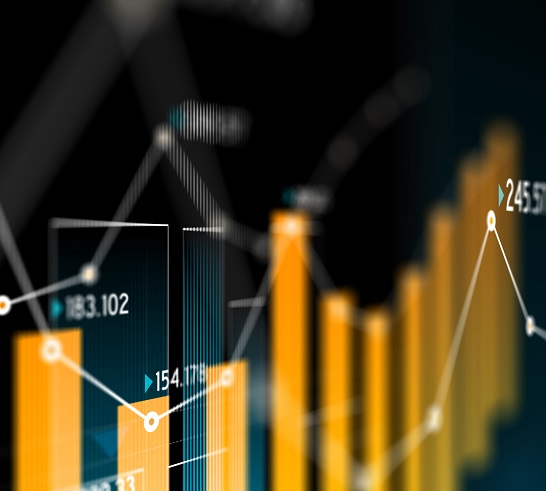Commitments
It's Time to Commit to Gender Data
Gender data is an essential tool to evaluate progress on commitments made to advance gender equality, including those related to the Generation Equality Forum, the Sustainable Development Goals (SDGs), or national-level targets. If we can’t track it, we can’t achieve it.
Similarly, the number, quality, and relevance of gender data commitments made by national governments, bilateral donors, and other stakeholders are often indications of the demand and political will for gender data. Unfortunately, gender data is frequently underprioritized in global normative processes and underutilized in national plans and policies. If we are to sustain progress on gender equality, urgent action is needed to secure the gains of the past generation and ensure an even brighter future for the next.
We Need Bold Action to Make Gender Equality Real
Governments, donors, civil society, and the private sector must:
Commitments Spotlight
Highlighted below are a range of powerful stakeholder-led commitments that are seeking to encourage the collection and analysis of gender data, fill gender data gaps, and foster gender data use.
From CSW to Generation Equality and Beyond, We Must Sustain Recent Gender Data Momentum
United Nations Member States have long recognized gender data as an essential tool for driving and tracking global progress on gender equality. Following the landmark Beijing Platform for Action in 1995—in which states outlined the collection and dissemination of sex-disaggregated data as a strategic objective—the annual Commission on the Status of Women (CSW) has featured gender data and statistics in every set of agreed conclusions since the dawn of the 21st century. New initiatives like the Generation Equality Forum have also provided a global platform for action on gender data. From CSW to Generation Equality and beyond, global momentum for gender data is growing.
The timeline below illustrates recent global gender data milestones and highlights upcoming opportunities for engagement on gender data.
Gender Data Commitments Within the Generation Equality Forum
The Generation Equality Forum captured unprecedented attention on gender equality, generating more than 2,000 financial and programmatic commitments. But most don’t go far enough on gender data.
Gender Data is Under-Prioritized in Official Generation Equality Materials
Here is where it’s lacking:
The percentage of initial Generation Equality Forum commitments that mention gender data.
Just 1 in 4 Generation Equality Forum commitments that mention gender data pledge to use it to inform policy and programmatic solutions.
To accelerate global progress, stakeholders across all sectors must continue to pledge commitments to gender data, both within and in addition to the Generation Equality framework.
The Latest News From Data2X
Filling the Financing Gaps for Gender Data Systems
While gender equality and gender data have been increasingly recognized as global priorities,
read more →Moving Commitments to Action: Gender Data as a Cornerstone of Feminist Foreign Policy
In 2014, Sweden announced the world’s first feminist foreign policy (FFP), and a decade later,
read more →How To Build a Data Cooperative: A Practitioner’s Handbook
Data Cooperatives are a group of individuals or organizations that pool their data for mutual
read more →Intersectionality and SOGIESC Data: Opportunities and Challenges
The recognition that individuals might have multiple marginalized identities that interact tocreate
read more →



